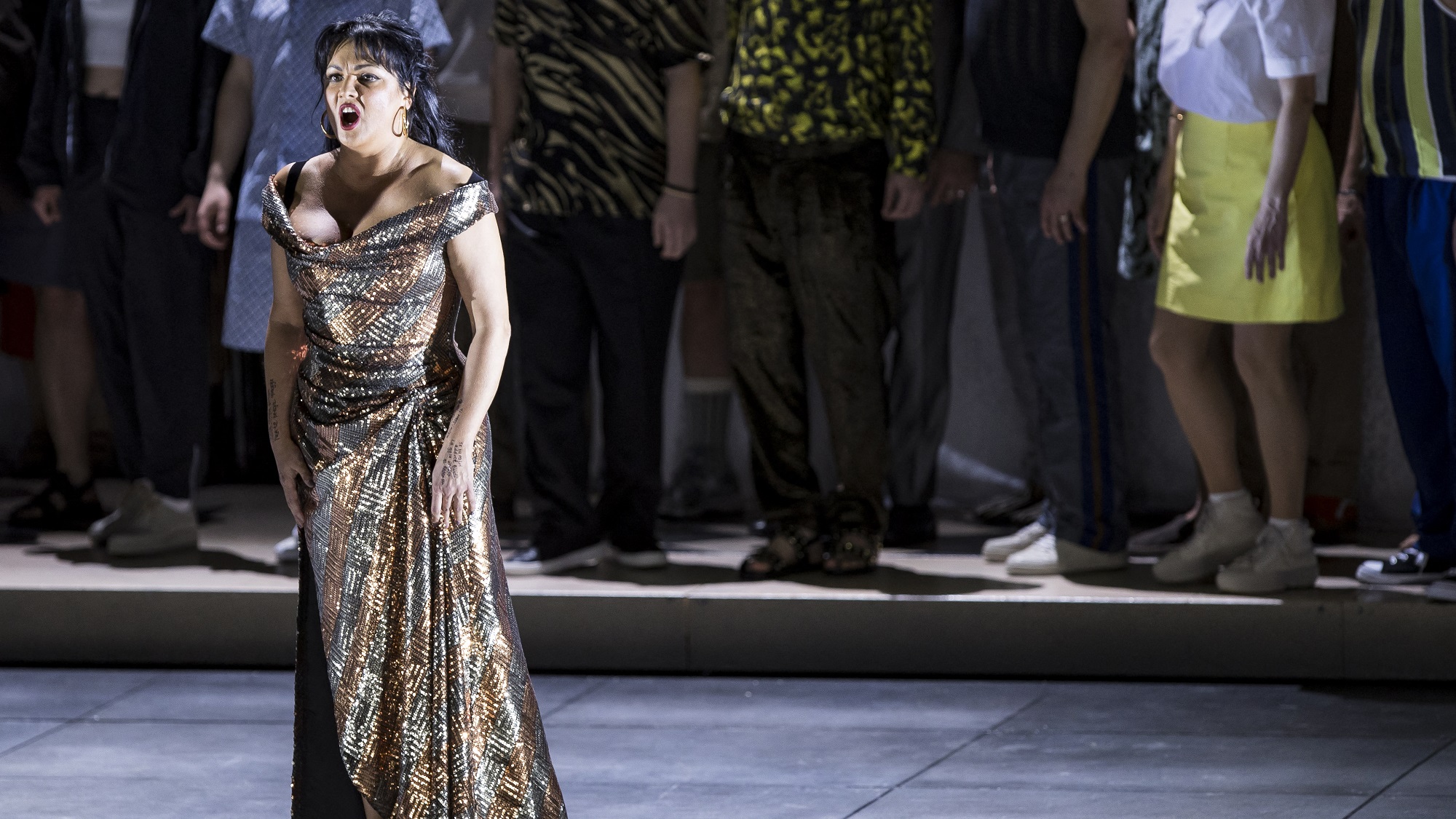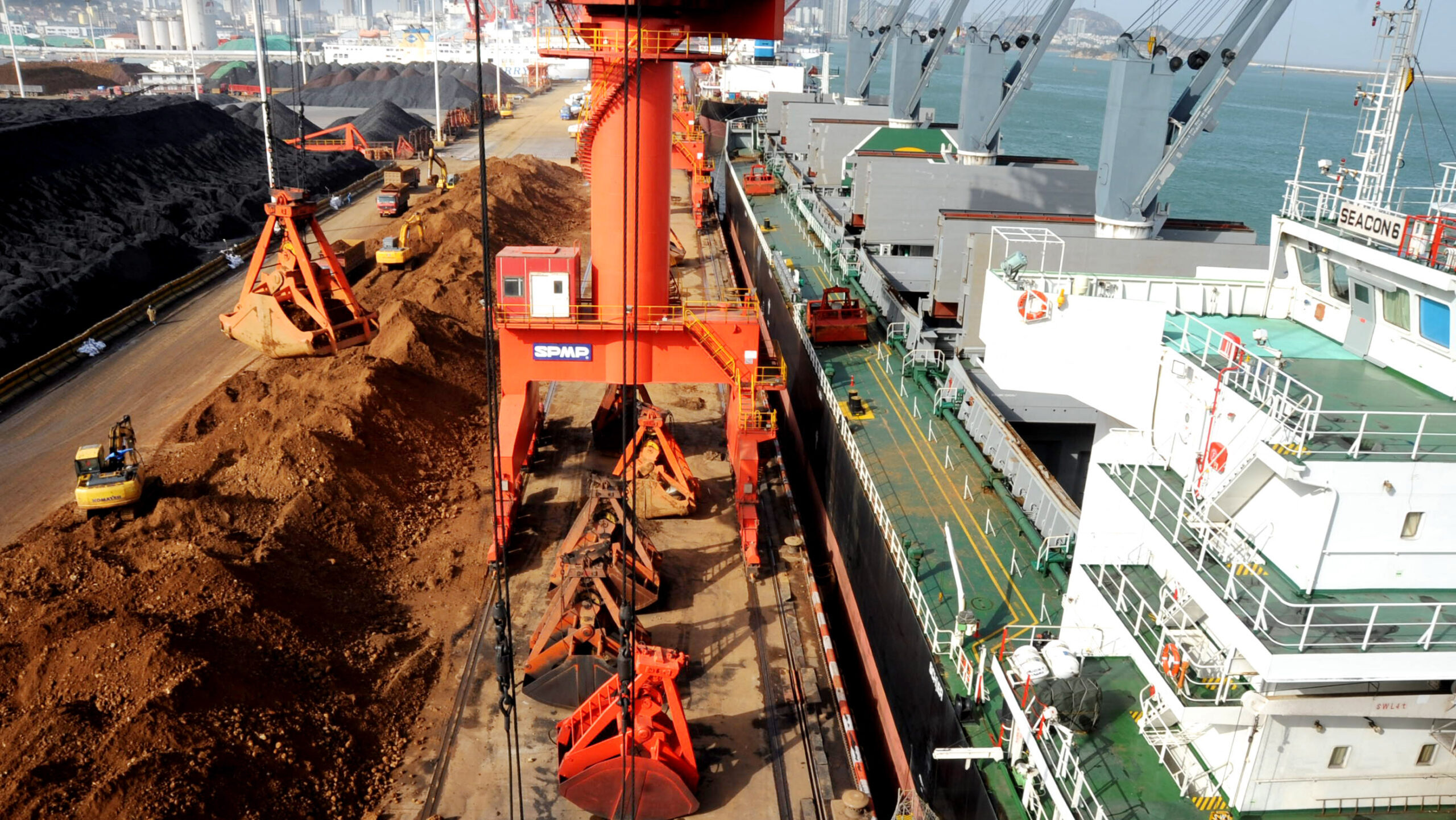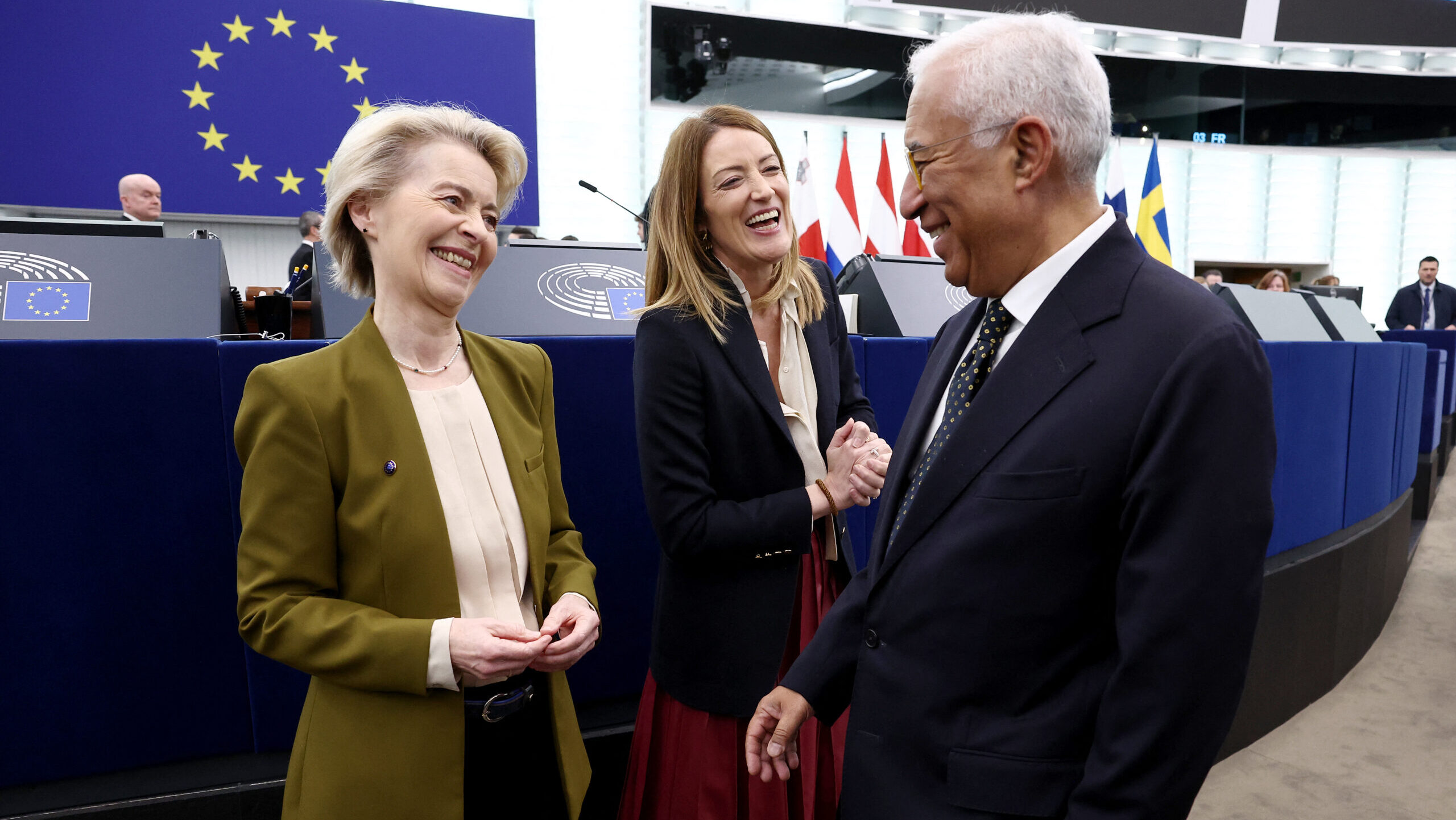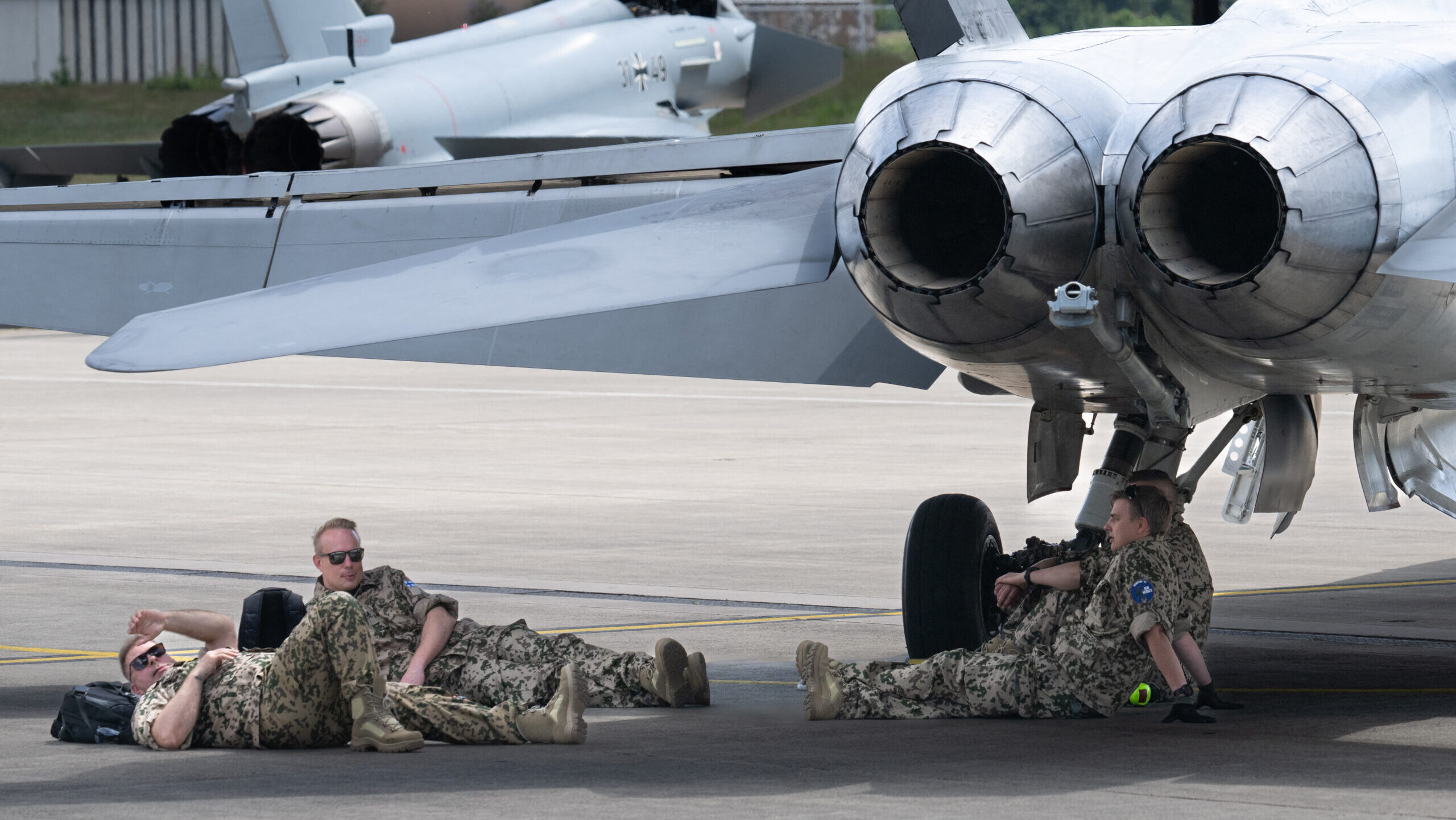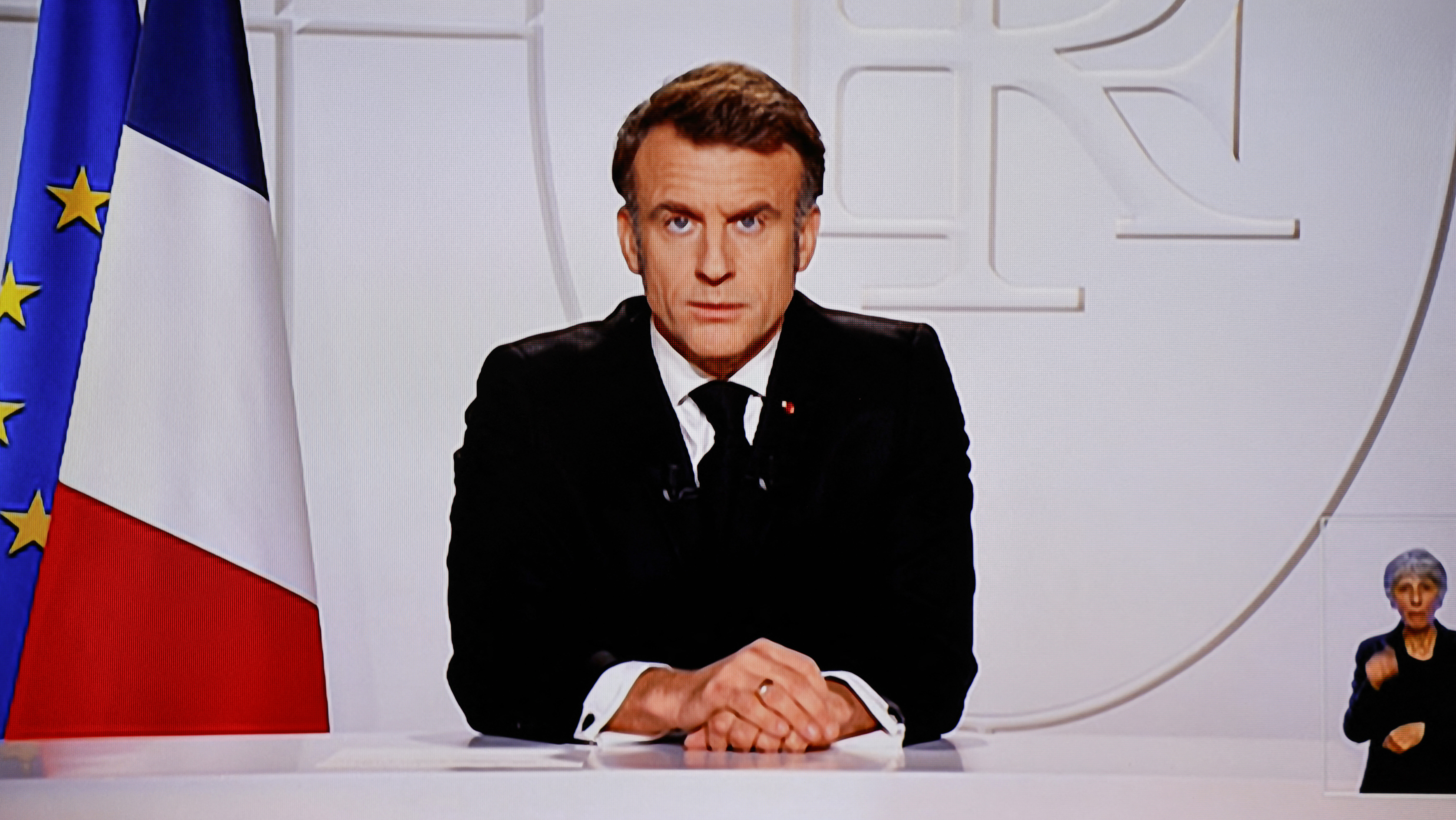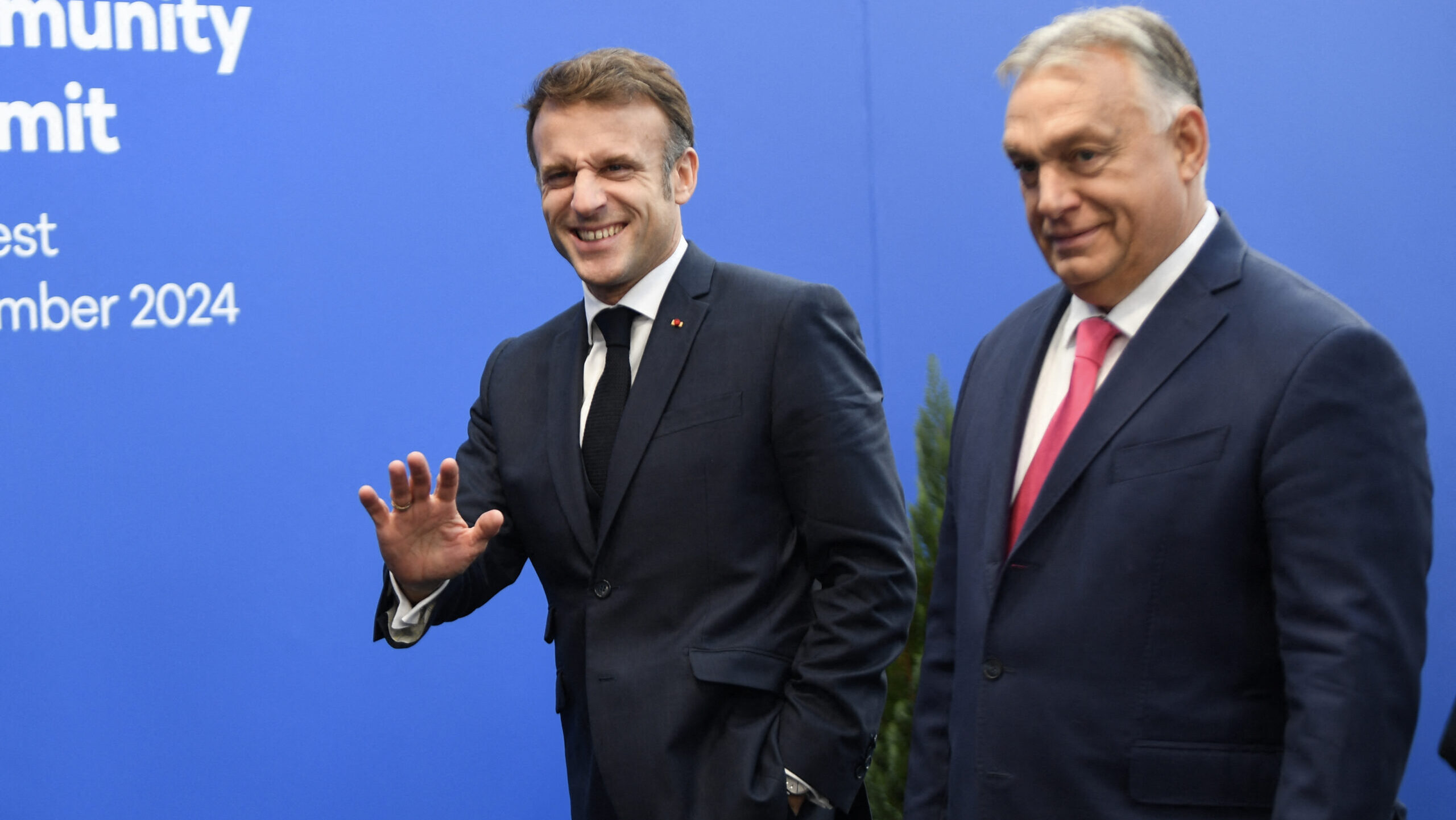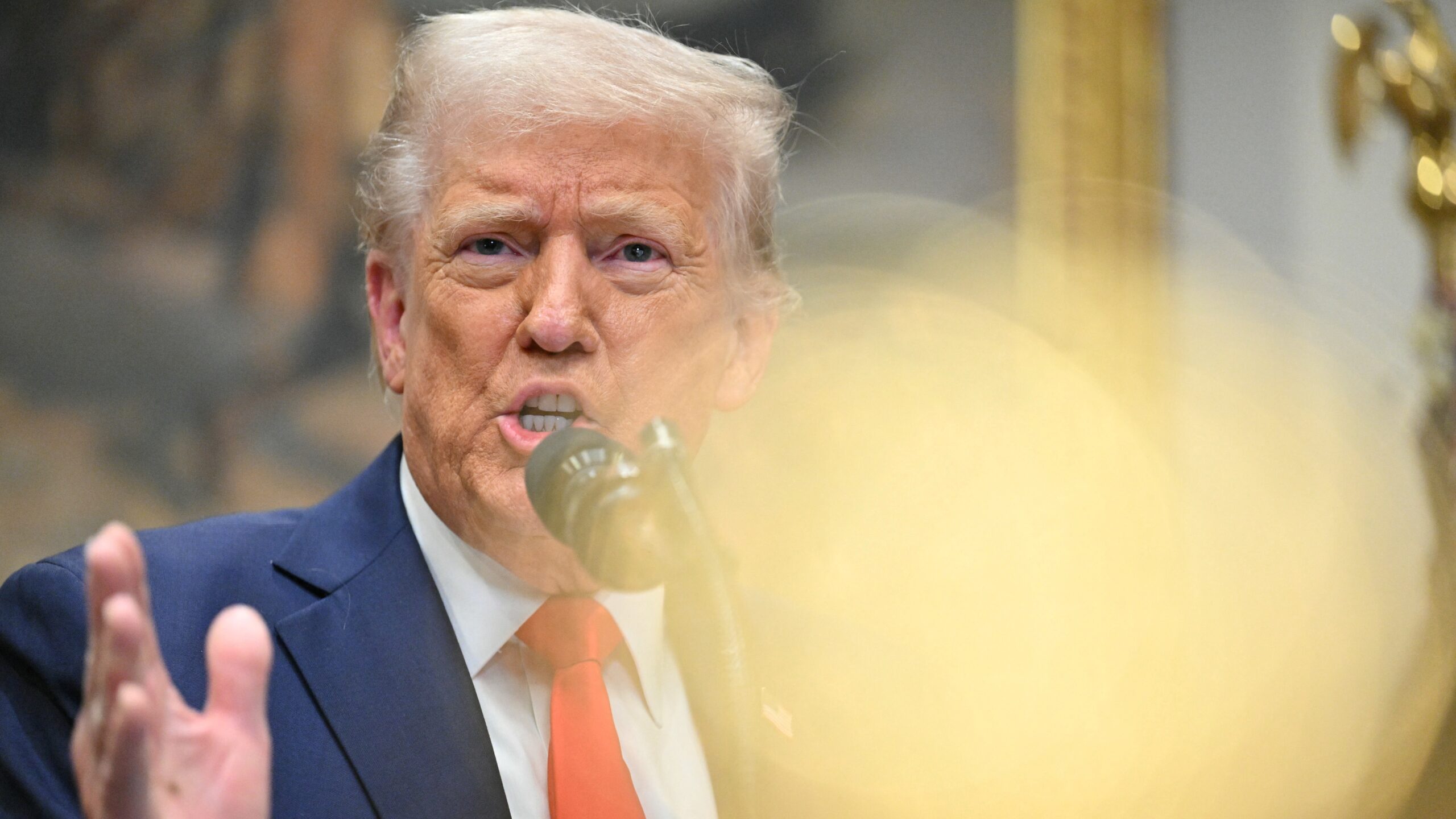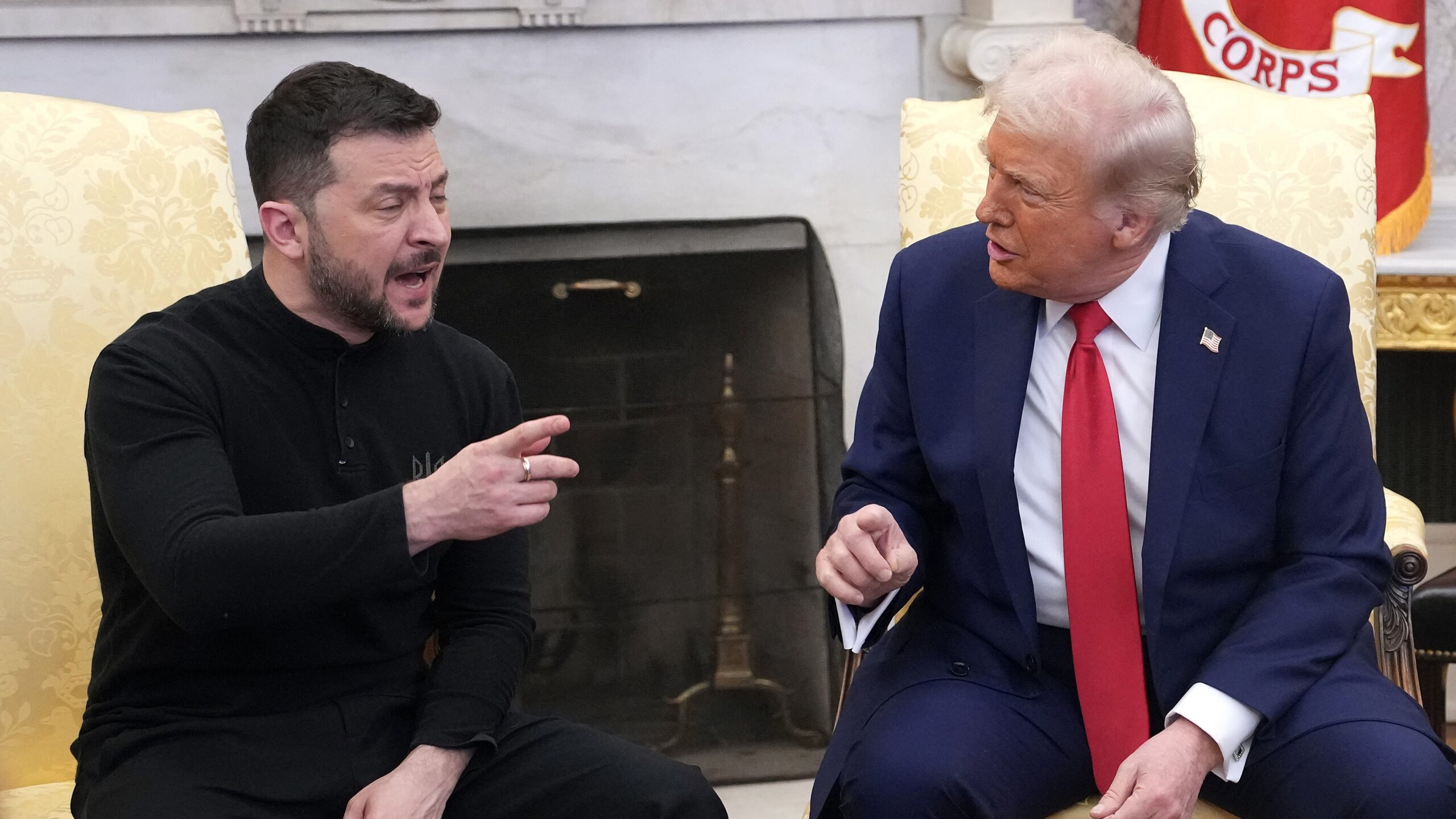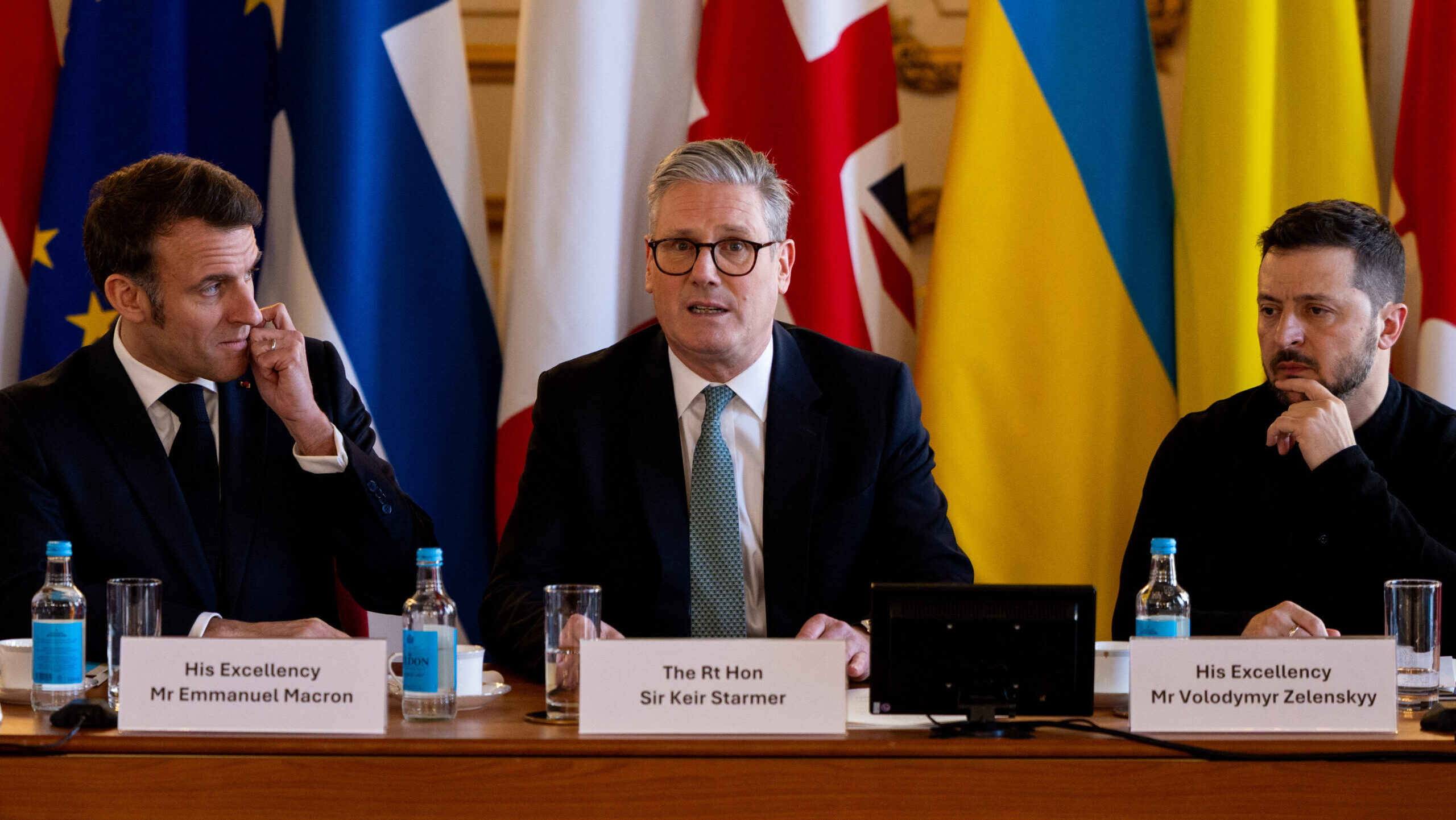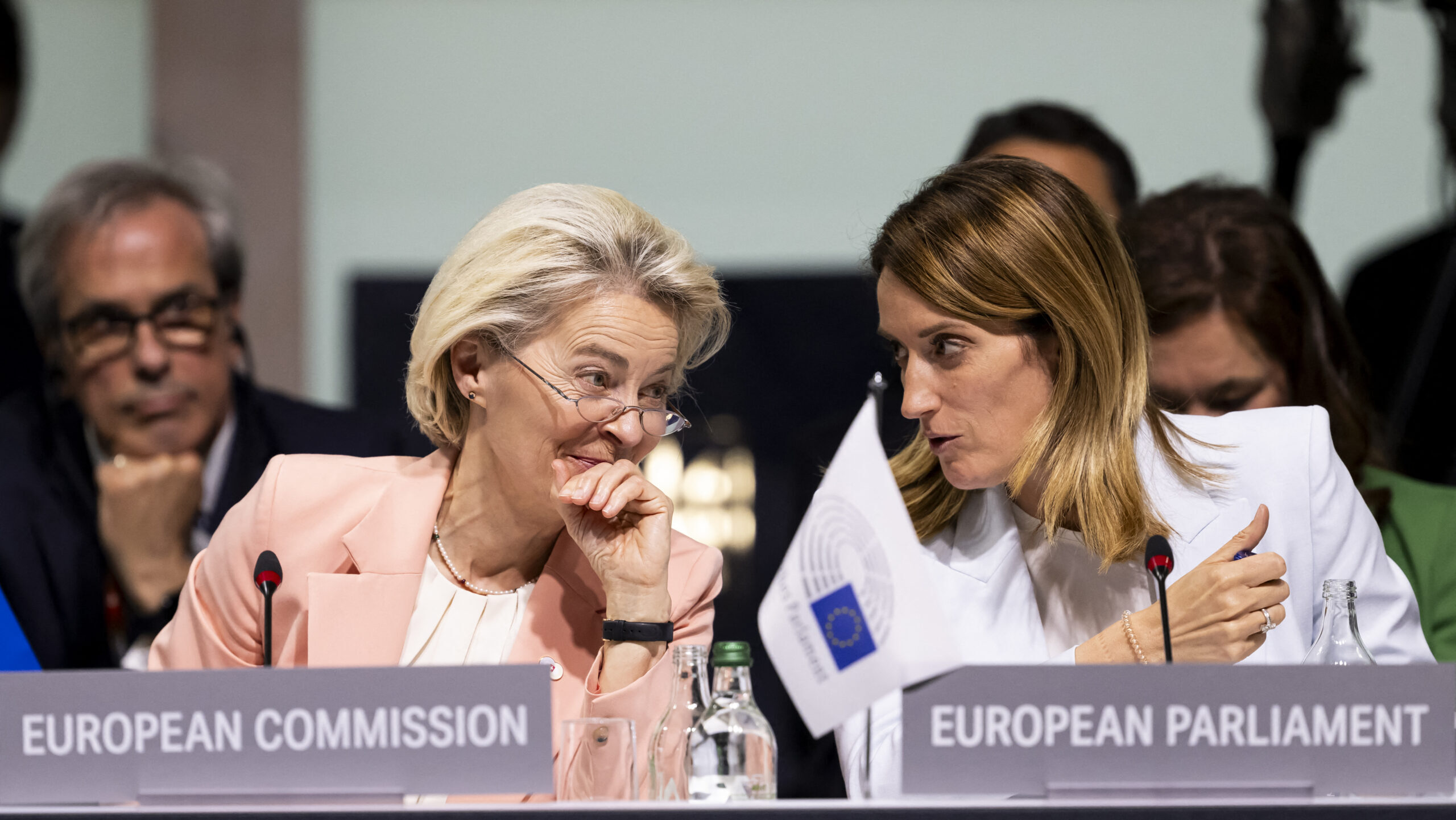
Pro-war EU Leaders Shift on Ceasefire Admits Failure of Ukraine Strategy
Hungarian Minister of Foreign Affairs and Trade Péter Szijjártó pointed out that the sudden shift of EU leaders on a potential ceasefire in Ukraine is ‘politically ridiculous’ and highlights their lack of credibility. However, it also raises the question of responsibility for Brussels’ failed strategy over the past three years.

